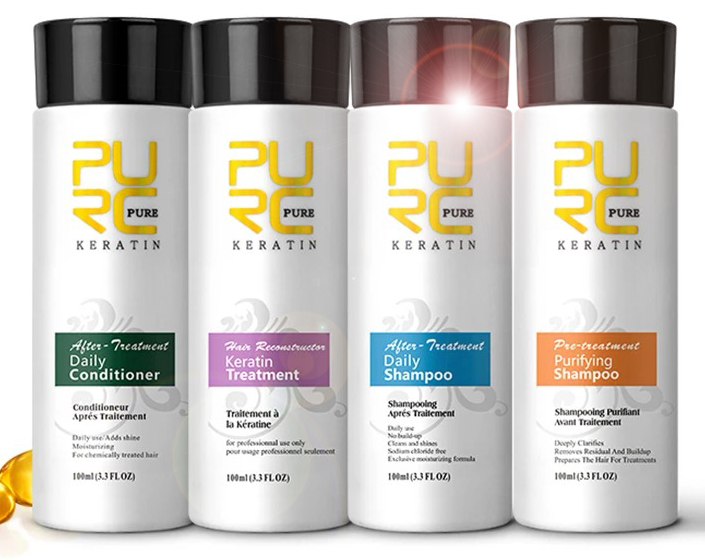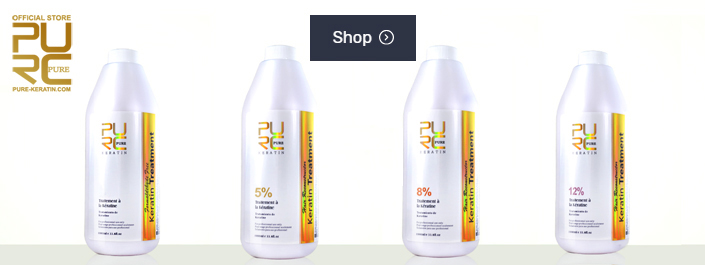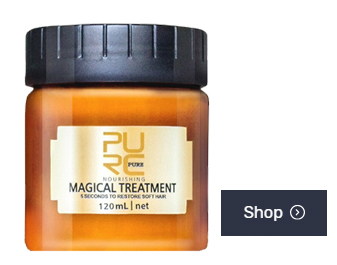Is Keratin Beneficial or Harmful for Your Skin?
KERATIN TREATMENT on 22nd Apr 2024
When it comes to skincare ingredients, keratin often finds itself in the spotlight. But amidst the hype, questions arise: Is keratin truly a skin savior, or does it pose risks? Unraveling the mysteries behind keratin's impact on skin health is crucial for making informed skincare choices.
Understanding Keratin: The Skin's Building Block
Keratin serves as the foundational protein in skin, hair, and nails, providing structural integrity and resilience. As a key component of the skin's outer layer, known as the epidermis, keratin plays a vital role in maintaining skin strength and elasticity.
The Benefits of Keratin for Skin
Enhancing Skin Strength and Resilience
Keratin supports the skin's barrier function, safeguarding against environmental aggressors like pollution and UV radiation. By reinforcing the epidermal layer, keratin promotes skin strength and resilience, reducing the risk of damage and premature aging.
Improving Skin Texture and Appearance
Incorporating keratin into skincare formulations can help smooth rough patches and uneven texture, promoting a softer, more radiant complexion. Its moisturizing properties aid in restoring hydration levels, leading to plumper, healthier-looking skin.
Is Keratin Good or Bad for Skin?
Debunking Common Misconceptions
Despite its reputation as a skin-nourishing ingredient, keratin has faced scrutiny due to misconceptions about its safety and efficacy. However, research suggests that when used appropriately, keratin can offer numerous benefits for skin health.
Potential Drawbacks of Keratin
While keratin is generally well-tolerated, some individuals may experience adverse reactions, such as irritation or allergic responses. Additionally, excessive use of keratin-based products may disrupt the skin's natural balance, leading to sensitivity or dryness.
Incorporating Keratin into Your Skincare Routine
Choosing Quality Formulations
When selecting skincare products containing keratin, opt for reputable brands known for their commitment to quality and safety. Look for formulations with clinically tested ingredients and minimal additives to ensure optimal efficacy and minimal risk of irritation.
Patch Testing for Sensitivity
Before fully integrating keratin-based products into your skincare regimen, perform a patch test on a small area of skin to assess for any adverse reactions. This precautionary step can help identify potential sensitivities and prevent discomfort or inflammation.
FAQs (Frequently Asked Questions)
- Does keratin cause acne? While keratin itself does not directly cause acne, excessive buildup of keratinized cells can contribute to clogged pores, potentially exacerbating acne-prone skin.
- Can keratin treat eczema or psoriasis? Keratin-based treatments may provide relief for certain symptoms of eczema or psoriasis by supporting skin barrier function and moisture retention. However, individual responses may vary, and consulting a dermatologist is recommended for personalized treatment approaches.
- Is keratin safe for sensitive skin? Keratin can be safe for sensitive skin types, but it's essential to choose gentle formulations and perform patch tests to assess for any adverse reactions before widespread use.
- Can keratin promote hair growth? While keratin supports hair health by strengthening the hair shaft, it does not directly stimulate hair growth. Incorporating keratin-rich products into your haircare routine can help improve hair texture and minimize breakage.
- Does keratin protect against environmental damage? Yes, keratin acts as a barrier against environmental stressors like pollution and UV radiation, helping to shield the skin from damage and premature aging.
- Are there any side effects of using keratin-based products? While rare, potential side effects of keratin-based products may include skin irritation, allergic reactions, or sensitivity. It's advisable to discontinue use if any adverse effects occur and consult a dermatologist if symptoms persist.
Conclusion
In the ongoing debate surrounding keratin's role in skincare, understanding its potential benefits and drawbacks is essential for making informed decisions about your skincare routine. By choosing quality products and being mindful of individual sensitivities, you can harness the power of keratin to promote healthier, more resilient skin.



















